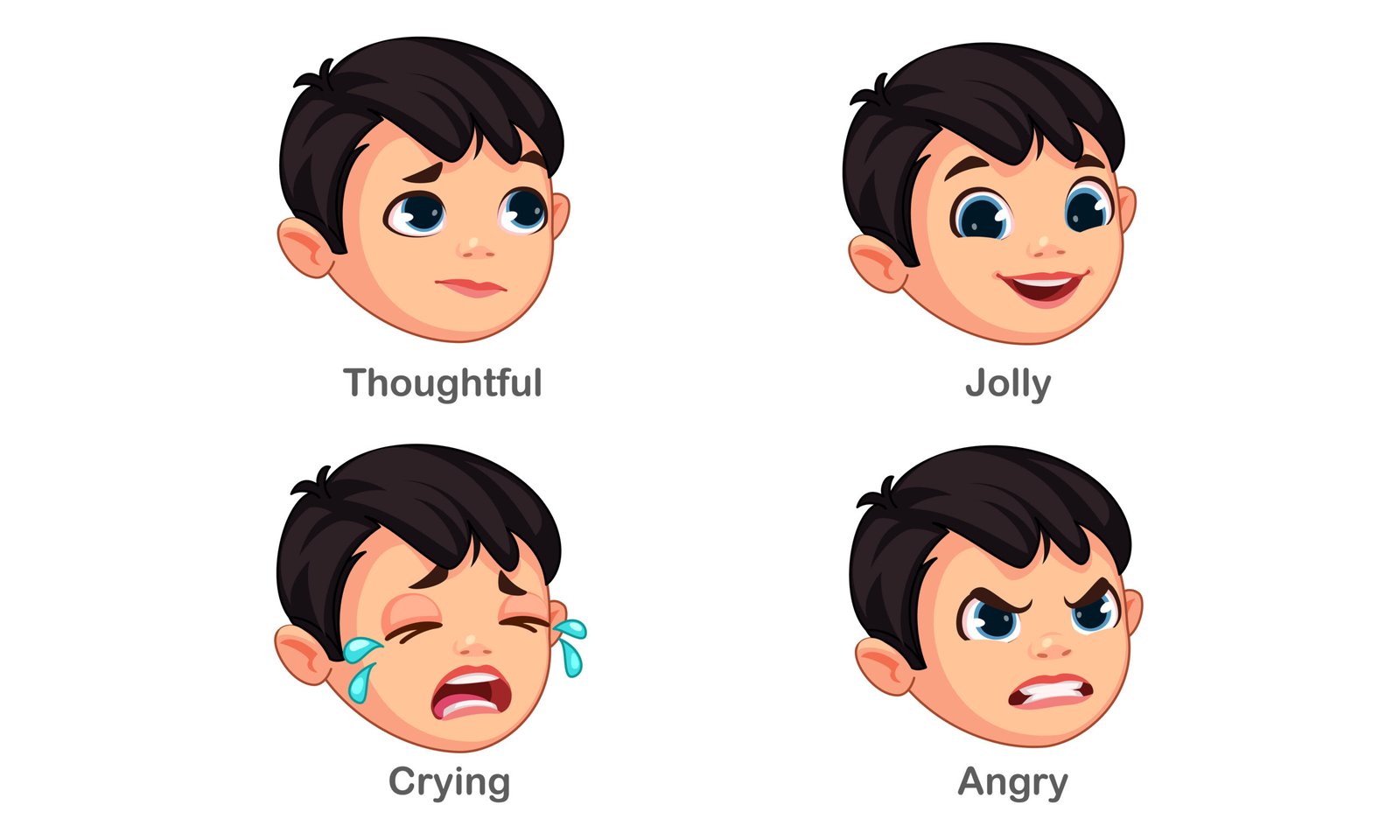Now Reading: Patience: 5 Why Patience is the Key to Growth and Inner Peace
-
01
Patience: 5 Why Patience is the Key to Growth and Inner Peace
Patience: 5 Why Patience is the Key to Growth and Inner Peace

Patience: Why Patience is the Key to Growth and Inner Peace
In a fast-paced world where instant results are valued more than steady progress, calmness often feels underrated. Yet, the ability to wait with composure, trust the process, and act wisely is one of the most powerful skills we can develop. Persistence not only shapes our long-term success but also protects our mental and emotional balance.
When we learn to cultivate endurance, we discover that life’s delays, setbacks, and challenges aren’t barriers but opportunities for growth. This skill allows us to stay calm under pressure, respond thoughtfully instead of impulsively, and move forward with resilience.
What True Patience Really Means
True composure isn’t just about waiting—it’s about how you behave while waiting. It’s about staying steady in stressful situations, avoiding frustration when progress feels slow, and trusting the timing of your life.
Whether you’re working toward personal goals, building relationships, or facing life’s unexpected delays, self-control gives you the emotional strength to avoid rash decisions and maintain balance. Instead of reacting with stress, you respond with wisdom.
The Psychology Behind Patience
Modern psychology shows that practicing patience activates areas of the brain linked to emotional regulation and decision-making. By lowering cortisol levels, calmness helps reduce stress, anxiety, and frustration.
In relationships, steadiness helps us listen deeply, communicate clearly, and avoid unnecessary conflicts. In personal growth, it prevents burnout, allowing us to stay consistent without giving in to frustration.
In short: cultivating persistence rewires your brain for greater peace, focus, and resilience.
Why Developing Patience Is Hard Today
We live in a culture of urgency — instant replies, one-day deliveries, quick fixes, and fast success stories. This constant pressure can make waiting feel unbearable. But the truth is, meaningful achievements are rarely instant.
Think of planting a seed. You don’t keep digging it up to check its progress every day; you water it, provide sunlight, and trust the process. Growth happens silently beneath the surface before you see the results. The same principle applies to your goals, relationships, and dreams.
Daily Practices to Build More Patience
Endurance is like a muscle—it strengthens with consistent use. Here are some practical habits that can help you cultivate this powerful life skill:
1. Practice Mindfulness
Staying present keeps you focused on what you can control instead of worrying about future outcomes. Mindfulness meditation and grounding exercises are great ways to build calmness.
2. Breathe Before Reacting
When emotions rise, pause and take three deep breaths. This simple act signals your body to slow down and helps prevent impulsive reactions.
3. Shift Toward Gratitude
Instead of rushing for more, take time to appreciate what you already have. Gratitude changes your perspective and makes waiting less stressful.
4. Set Realistic Goals
Unrealistic timelines lead to frustration. Break big goals into smaller milestones, and celebrate small wins along the way.
5. Count to Five
When tempted to respond quickly in heated moments, pause and count slowly. This pause gives your mind time to choose wisdom over impulse.
Patience Pays Off: Benefits for Life
People who embrace calmness experience:
- Less stress: Lower anxiety and better overall health.
- Better decision-making: Thoughtful choices instead of impulsive mistakes.
- Stronger relationships: Better listening, fewer arguments, and more empathy.
- Resilience: The ability to handle life’s challenges without breaking down.
- Peace of mind: Freedom from the constant need for quick results.
Everyday Examples of Patience in Action
- Parenting: Remaining calm with children when they test boundaries.
- Work: Staying committed to long-term projects without losing motivation.
- Health goals: Sticking to a fitness routine even when results are slow.
- Relationships: Choosing to listen with empathy instead of reacting harshly.
- Life delays: Handling long queues, traffic, or waiting for opportunities with composure.
These moments may feel small, but collectively they shape character and emotional intelligence.
A Personal Lesson in Patience
I once went through a phase where I was waiting on approval for a professional opportunity I had worked very hard for. Every day, I refreshed my inbox, overanalyzed my actions, and lost sleep thinking about the outcome.
Weeks later, I finally received a positive response. But looking back, I realized the waiting period taught me more than the approval itself. It taught me that worry doesn’t speed up results. Instead, using that time to learn, rest, and reflect added value to my journey.
Since then, I’ve tried to see delays not as blockages but as breathing spaces — spaces where growth happens silently.
Why Patience Leads to Lasting Peace
When you stop rushing outcomes, you begin to enjoy the process. You detach from unnecessary comparisons, release the pressure of unrealistic timelines, and approach life with steadiness.
This doesn’t mean giving up on ambition — it means moving forward with intention rather than desperation. That shift alone can bring profound peace.
In relationships, persistence helps us forgive more easily. In careers, it guides us toward better long-term decisions. And in personal growth, it builds the kind of resilience that helps us endure life’s toughest storms.
Patience Isn’t Weakness — It’s Strength
Many people confuse waiting calmly with inaction. But endurance is far from passive. It’s the strength to keep going without being consumed by frustration.
- It’s not about sitting still forever — it’s about taking small, steady steps forward and trusting that your effort will eventually meet the right timing.
- The next time you feel stuck, remind yourself: You’re not behind. You’re simply in the middle of your process.
FAQs About Patience
1. Why is patience important in life?
Patience helps reduce stress, improves decision-making, strengthens relationships, and allows personal growth by teaching us to handle challenges calmly.
2. How can I practice patience daily?
Start with small habits like mindful breathing, pausing before reacting, and appreciating what you already have. Over time, these practices build endurance.
3. Does patience mean doing nothing?
Not at all. Patience is active calmness — you keep moving forward, but without forcing results or reacting impulsively.
4. How does patience improve relationships?
It encourages empathy, better listening, and reduced conflict. With calmness, you respond thoughtfully instead of reacting emotionally.
5. Can patience be learned?
Yes. Just like a muscle, it grows stronger with practice. Small habits, mindful awareness, and consistent effort can make anyone more patient over time.
Final Thoughts
Patience is not about waiting endlessly—it’s about how you wait. It’s about moving forward with persistence, trusting the process, and choosing calmness over chaos.
In a world obsessed with urgency, patience is a quiet strength that leads to growth, resilience, and lasting peace. When you learn to embrace delays with grace, you unlock one of the most powerful life skills for true happiness and success.















